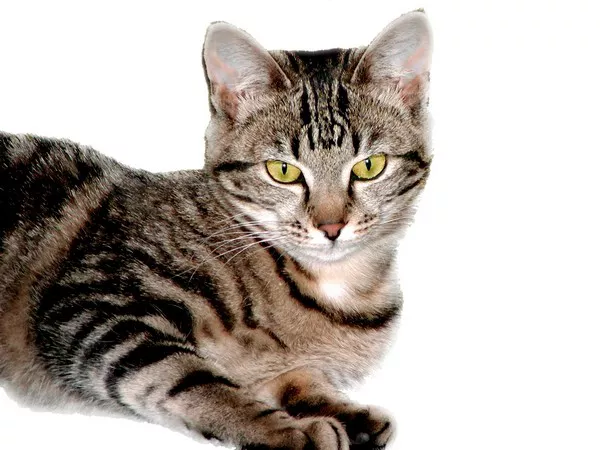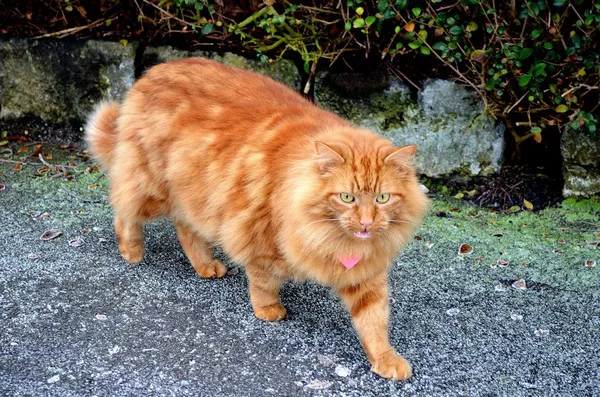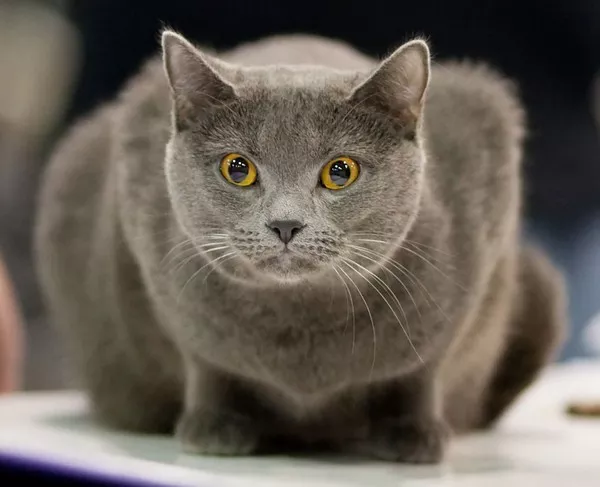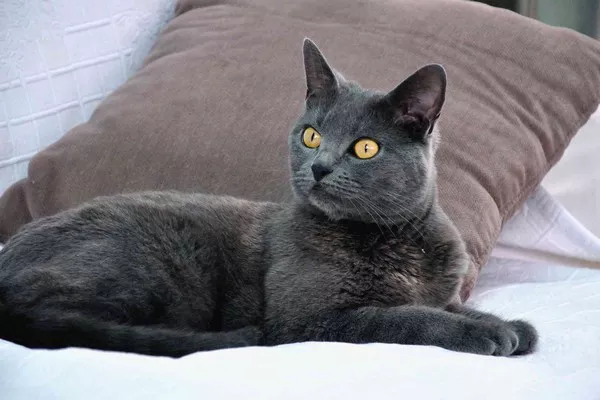In a distressing incident in Christchurch, a cat named Julian suffered severe injuries from a gin trap, resulting in the amputation of his leg. Matthew House, a resident of Heathcote Valley and Julian’s owner, shared the harrowing experience, hoping to raise awareness about the dangers of such traps.
Julian, who had been a part of House’s family for two years, typically enjoyed the freedom of going outdoors. The shock came when he returned home one day, badly injured and in pain. “He managed to make his way home and was curled up on the bed,” House recounted. The extent of Julian’s injuries became apparent the next morning when his wife turned on the light to discover the cat’s leg skinned and his paw nearly detached.
A swift visit to the veterinarian brought grim news: Julian’s injuries were so severe that his left leg had to be amputated. The vet informed House that there has been an alarming increase in pet injuries caused by leg-hold traps, commonly known as gin traps, and that these incidents were occurring not just in rural areas but in central Christchurch.
House speculated that the person who set the trap might have found and released Julian, as escaping such traps is usually impossible for a small animal. He is now urging those using these traps to consider safer, more humane alternatives for controlling pests like possums. “Gin traps should be banned; even if it caught a possum, that’s no way to leave an animal to die,” House stated.
In New Zealand, the use of leg-hold traps is heavily regulated. According to the Ministry of Primary Industries, “No leg-hold trap may be used within 150 meters of a dwelling without the permission of the occupier, or in any area where there is a probable risk of catching a pet animal.” Despite these regulations, incidents like Julian’s highlight ongoing risks and enforcement challenges.
This tragic story serves as a crucial reminder of the potential dangers posed by indiscriminate use of traps and the importance of seeking alternatives that ensure the safety of all animals, domestic and wild.



























